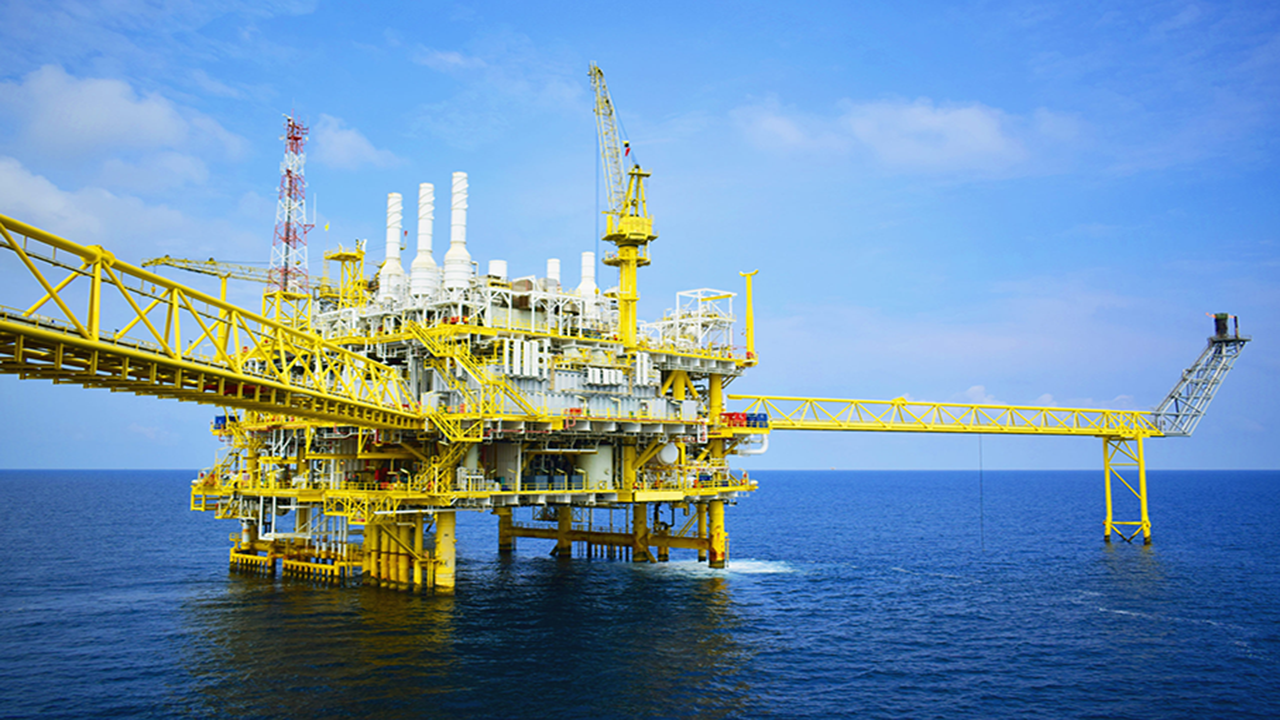Cybersecurity in Offshore Facilities: Protecting Critical Infrastructure in the Digital Era
Offshore facilities are high-value targets for cyber threats. This piece highlights the challenges, solutions, and emerging technologies needed to ensure safe and resilient operations in the digital era.

Cybersecurity in Offshore Facilities: Protecting Critical Infrastructure in the Digital Era
In the era of digital transformation, offshore facilities such as oil rigs, gas platforms, and maritime operations rely heavily on interconnected systems for production, safety, and communication. While this interconnectivity boosts efficiency, it also introduces critical vulnerabilities that can be exploited by cyber threats. Unlike land-based facilities, offshore environments face unique challenges: their remote location makes monitoring and incident response more difficult, their operational technology OT systems such as SCADA and ICS often run on legacy platforms that were never designed with security in mind, and the reliance on satellite communications limits bandwidth for real-time monitoring. Moreover, as high-value assets, offshore platforms are frequent targets of state-sponsored cyberattacks and ransomware groups, where the impact of a breach can go beyond data loss to physical safety risks, environmental hazards, or even catastrophic shutdowns.
Securing these facilities requires a holistic approach. It begins with regular risk assessments and asset mapping to identify and understand vulnerabilities across IT, OT, and IoT networks. Network segmentation must be enforced to ensure IT and OT systems remain isolated, supported by firewalls, intrusion detection systems, and secure remote access solutions. Strong identity management practices, including multi-factor authentication and role-based access control, are essential to prevent unauthorized access. In addition, effective patch management and system hardening reduce the attack surface, while well-defined incident response plans prepare offshore teams to respond quickly in the event of a breach, even when external support is delayed. Human factors also play a critical role continuous employee training and awareness programs help staff recognize phishing attempts and social engineering tactics.
Finally, offshore cybersecurity cannot exist in isolation. Looking ahead, emerging technologies such as AI-driven anomaly detection, blockchain-secured data exchange, and advanced encryption for satellite communication will become increasingly vital. By investing in proactive cybersecurity strategies, offshore operators can safeguard critical assets, protect human life, and ensure the resilience of operations in an increasingly complex cyber landscape.











